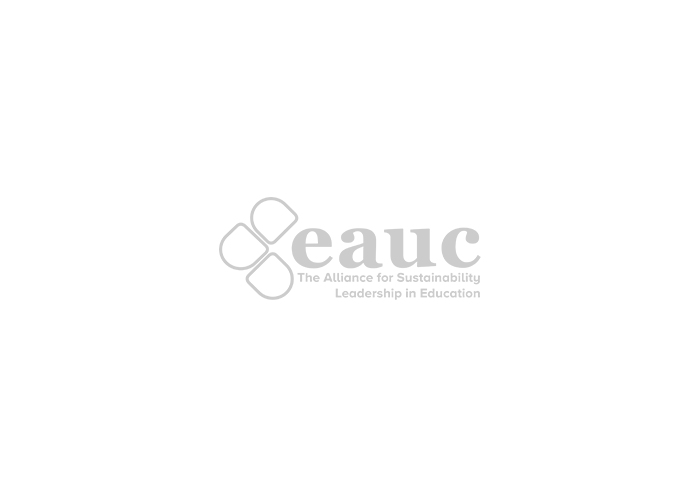This policy brief provides an account of the current status of ESD across the...
In summary the policy brief states that:
“Good practice in ESD exists at all levels and in most learning contexts across the UK. It is characterized by good teaching, enhanced learner outcomes and linked to the professional standards and qualifications of teachers who are part of innovative communities and networks of ESD practice which communicate and share best practice. Nevertheless, developments in ESD are still relatively small scale, mostly based on projects within fixed time frames and resources; hence, the incorporation of good practice in all sectors is uneven across the UK. There is no coherent view at policy or practice level about how ESD can most appropriately be experienced by learners, in a progressive sense across all age groups and how it can contribute to improved learner outcomes.
In England and Northern Ireland there is currently less policy emphasis on sustainable development and this has inhibited the wider adoption of good practice in ESD .In Wales, a significant emphasis has been placed on sustainable development by the Welsh Government although the prominence given to ESD (ESDGC) in national policy has diminished .
In Scotland, there is a greater focus on a more integrated and coherent approach to sustainable development and ESD with education being recognized by policy makers and practitioners as a key enabler in the transition to a sustainable society
There is no overarching UK Strategy for Sustainable Development which sets out a clear vision about the contribution learning can make to its sustainable development goals. This is needed. The wider adoption of ESD would benefit from an overall strategic framework which puts it firmly at the core of the education policy agenda in all the UK’s administrative jurisdictions. This would provide much needed coherence, direction and impetus to existing initiatives and scale up and build on existing good practice as well as preventing unnecessary duplication of effort and resources. A pan-UK forum should be established for overseeing the promotion, implementation and evaluation of ESD across the UK, with a clear remit to work collaboratively with the UK Government and all three devolved administrations, whilst respecting their jurisdictional policy remits.”
The concluding recommendation for UNESCO is:











